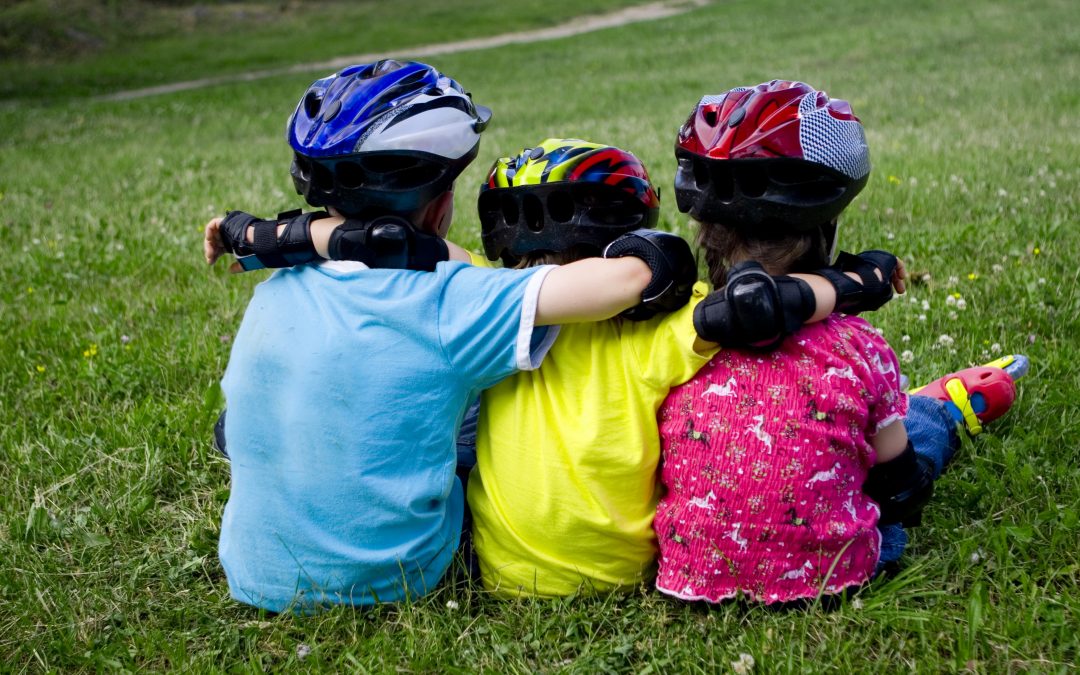
Children (Scotland) Act Changes
Next week will see really important changes to the law come into force which are designed to respect brothers and sisters’ right to family life.
The changes are the result of a long campaign to protect the brother and sister relationships of children with experience of care. They will be fundamental to helping achieve the Independent Care Review’s Promise.
Until now there has been a lot of variation in Hearings when it comes to including measures for contact with regard to siblings, and with regard to what happens when a brother or sister asks to take part in a Hearing.
From 26 July 2021, Children’s Panels will have a duty to consider contact with any siblings and relevant persons the child isn’t living with every time they make, change or continue a Compulsory Supervision Order (CSO) for a child (section 14 of the Children (Scotland) Act 2020).
In addition, brothers and sisters who meet the criteria below will have a new specific set of rights which should allow them to properly have their say in their sibling’s Hearing when the Hearing is likely to make a decision affecting their contact (section 25 of the 2020 Act plus changes to the Rules of Procedure).
The criteria an individual must meet to be afforded an opportunity to participate are: they are living/have lived with the child; they have an ongoing relationship with the character of a relationship between siblings (whether or not they have a parent in common); the hearing is likely to make a decision significantly affecting contact or the possibility of contact between them and the child; and they are capable of forming a view on contact.
Brothers and sisters who meet the criteria should be contacted by the Scottish Children’s Reporter Administration (SCRA). Brothers and sisters can also request to participate in this way.
A person ‘afforded the opportunity to participate’ will have the following specific rights: the right to be notified of the Hearing, to attend the Hearing, to receive relevant papers, to submit papers to the panel and be represented at the panel.
There is a formal mechanism to allow a review process if any of the steps are not followed in allowing a brother or sister to participate. A person with participation rights will also have the right to call a review Hearing after three months, in the same way as a child or relevant person.
New duties for local authorities towards siblings
Alongside the changes for Hearings, local authorities will have significant new duties to:
- Promote personal relations and direct contact with siblings;
- Ask brothers and sisters for their views (and have regard to these) before making any decision about a child;
- Place siblings together with the same carer or in the same residential establishment, if appropriate.
All this means panels will have much fuller information about a child’s brothers and sisters and their views.
Sibling relationships are among the most important and long-lasting relationships in our lives, that should be cherished and protected. Taken together, these changes mean we should soon see far fewer brothers and sisters separated and sibling relationships given far greater priority and consideration in all decision-making for care experienced children.
Thanks to Janet Cormack, Legal Policy Manager at Clan Childlaw for writing this piece.




